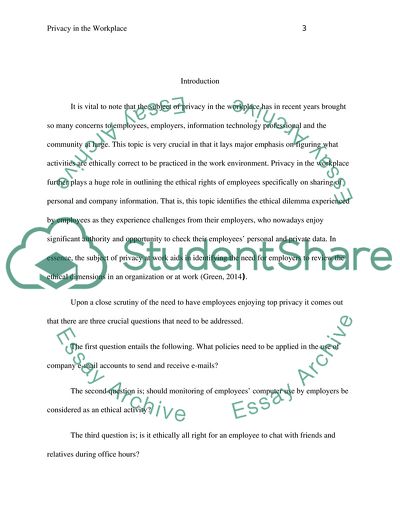Cite this document
(Ethical Issues in Technology Case Study Example | Topics and Well Written Essays - 1250 words, n.d.)
Ethical Issues in Technology Case Study Example | Topics and Well Written Essays - 1250 words. https://studentshare.org/information-technology/1821086-paper-c1-data-privacy-an-ethical-issue-in-technology
Ethical Issues in Technology Case Study Example | Topics and Well Written Essays - 1250 words. https://studentshare.org/information-technology/1821086-paper-c1-data-privacy-an-ethical-issue-in-technology
(Ethical Issues in Technology Case Study Example | Topics and Well Written Essays - 1250 Words)
Ethical Issues in Technology Case Study Example | Topics and Well Written Essays - 1250 Words. https://studentshare.org/information-technology/1821086-paper-c1-data-privacy-an-ethical-issue-in-technology.
Ethical Issues in Technology Case Study Example | Topics and Well Written Essays - 1250 Words. https://studentshare.org/information-technology/1821086-paper-c1-data-privacy-an-ethical-issue-in-technology.
“Ethical Issues in Technology Case Study Example | Topics and Well Written Essays - 1250 Words”. https://studentshare.org/information-technology/1821086-paper-c1-data-privacy-an-ethical-issue-in-technology.


